

David was conducting a presentation entitled 'An Exploration of Swedish Dev Culture', a thirty minute talk sandwiched midway into a day's worth of discussions that formed the inaugural D.I.C.E Summit in London.
The Design, Innovate, Communcate, Entertain Summit is hosted by the Academy of Interactive Arts & Sciences (the president of which, Martin Rae, we also talked to that day about the Summit's goals), and saw developers from across the industry to discuss their ideas and experiences openly (some, like Splash Damage's Paul Wedgwood, were very candid about their past experiences - "I've twice the respect for Paul for doing that," David admits, after trying something similar at a previous talk).
We sat down with David after the event had wrapped, and talked on a range of subjects that covered the ideal working environment in studios, feedback to The Division, and how Swedish traits could confuse international members of Massive Entertainment.
David's piece discussed why Swedish creatives had managed to adopt a sense of being 'better' within the industry ("I got curious. Was that just luck? Or is it not true? Why did it happen? So in my speech, I tried to research it").
While David hates cultural stereotyping, he does recognise that the Swedish scene is doing something right ("it's not just games. It's Skype, it's Spotify, it's a lot of software development coming out of Sweden, that is very good and has a high international quality"). Even in thinking about his approach to his speech, he surprised himself.
"The thing that amazed me the most was that if I had to make the speech up before I spoke to anybody, I'd put [as] number one - 'honesty'. I think that's a typical Swedish trait. People are very honest, blunt. Sometimes brutally honest. And to my surprise when I talked to people from other countries [they said] 'you guys are really hard to read'. We just say what we think, and that's it.... apparently that doesn't translate into other cultures."
That even bleeds into Massive Entertainment, as we question whether the issue has arisen on the team, which David pegs as around having an international work force of around "35%, from thirty different countries". It leads to talk about the structure of the work force in general, and whether a traditional company hierarchy's ultimately flawed.
"What they most often find confusing is the inclination we have to challenge authority, or title," he explains. "Or any type of old merit. To us, it doesn't matter a lot.
"So even if you were a designer on World in Conflict, and everyone knew it was a great game - everybody loves Magnus [Jansén], who was creative director on that game - it doesn't mean he's good today. It doesn't mean he's important today. So he has to come up with new ideas that are just as great, and he has to be as good as he was then - or better. To us that makes sense." The notion doesn't translate elsewhere it seems.
"Apparently this is quite confusing to a person from another country. They expect 'my career is: I build upon my legacy, and I gain influence based on my old merits'.
"But we're like 'yea, old merits - but that's 2007. It means nothing today'", David elaborates. "We think that's a perfectly valid challenge."
But he admits that the concept doesn't necessarily match the reality.
"A lot of new guys feel intimated. Maybe they don't feel like they're being heard. A lot of the old guys think they should have advantage over the new guys because they've been their a while.
"So in reality I think it's difficult to make meritocracy work. But what I always say is the alternative is no good. Having a democracy, which is the most popular feature, win, doesn't necessarily mean it's the best one. Or dictatorship is a horrible solution. So the only option we have is going back to meritocracy, and trust the ideas to guide us to the right decision."

Does that mean a greater pressure of those at the top of the company then to outperform those coming in, we wonder. "I think the challenge we have is to remain open-minded," David affirms, "and to realise that the answer tomorrow may not come from the same person it did yesterday."
There's an added problem there. If you want a constant stream of fresh ideas, then how does that balance against the experience gained from keeping a team that's worked together in the past?
"The amount of challenges you get in a game project is very high." the director explains. "There's an enormous amount of challenges you have to face and deal with. So you don't need more tension. You need stability, you need organisation. You need people that have been there before, that trust each other.
"People that have been in complicated situations together, and know what's going to happen to you under pressure, what's going to happen to me. and we build on that trust to face the new challenge. In this industry I don't think you need more tension; or more innovation. I think we need less to be honest."
That leads us onto Tom Clancy's The Division, the team's top secret project that was finally revealed to the world at Ubisoft's E3 conference. David talks about the studio "developing this project in a bunker", and that as a result "you're working in an environment without feedback". So getting it out in the open, listening to player and critical response, was welcome.
"We didn't really know how good the game was, or if some of our choices were right... the feedback was tremendously important, and the team really needed a huge vitamin injection of external feedback.
"The context provided us with a lot of interesting feedback."
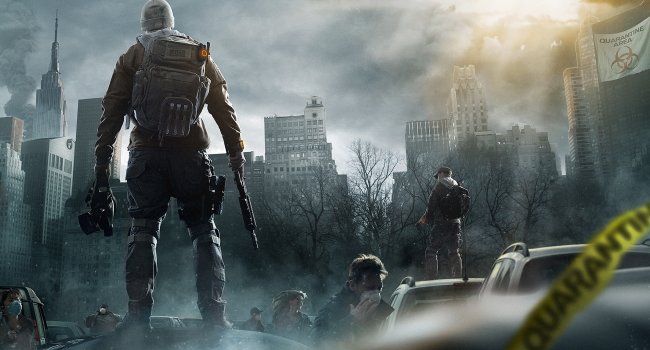
We touch briefly upon the need to listen to the audience, and managing to draw that line between what the public thinks it needs and what the developers want. Apparently, Massive Entertainment are all ears, David citing the constant requests for a PC version directly leading them to confirm one come Gamescom ("we've built it into the dev plans. It's not going to make it any easier," he jokes).
"To be honest the last six months you're not open to feedback much," he continues. "You're so late in the production line, and you need to complete the game. Mostly we're chasing bugs the last three months, so there's not much to do, no matter how intelligent the feedback is. But now is a time when that window is open. Dialogue, conversation, is very welcome at this point."
We conclude by touching on the hot points of the Summit talks, and how speakers have been talking as much about the need for good creative ideas as solid business models.
"It's an interesting time in the games industry. Either we talk about how to make money on games, or how to create great games. For me, it's all about creating great games. Because if you were able to tell a great immersive story, people can make money on that," David finishes.
"That's been working for thousands of years; that's a model that we understand. And I'm personally quite concerned there's so much talk now about how to make more money, or what is the right business model. Because I'm thinking... the right business to me is to have a great product. That's the only business model I believe in."
You can check out our thoughts on The Division as part of our 14 for 2014 feature series, covering the biggest games of the year ahead, and take a look back on the Best of Clancy - the Tom Clancy games that have been much more than a cheap tie-in.
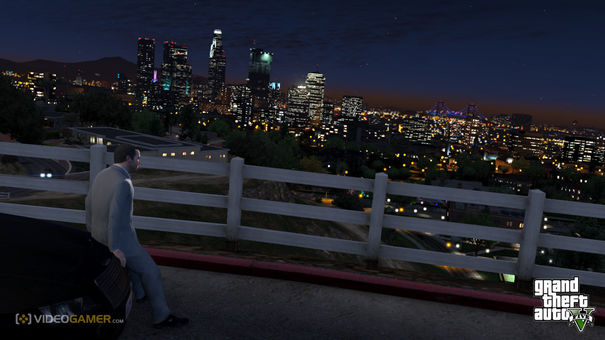

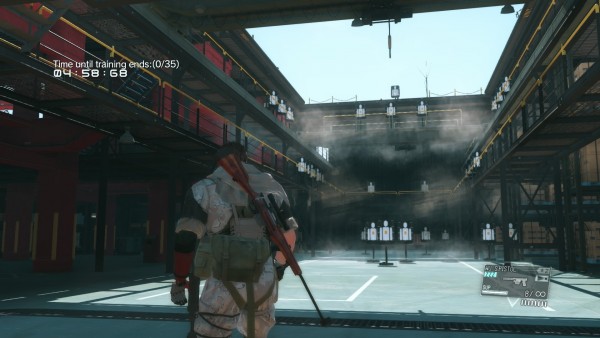

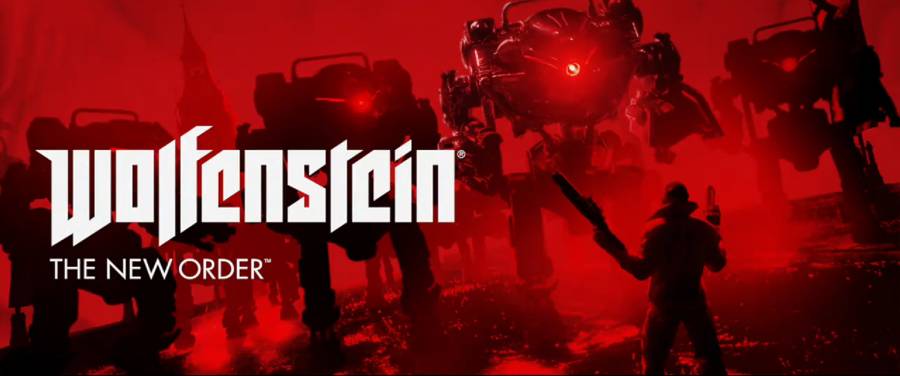 Wolfenstein The New Order Armor Upgrade Locations
Wolfenstein The New Order Armor Upgrade Locations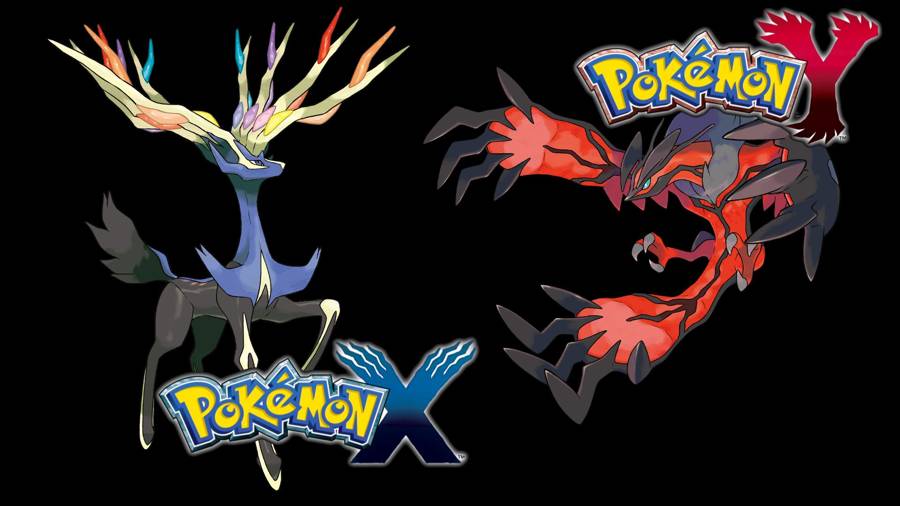 Pokemon X & Y Guide: Laverre City Gym Guide
Pokemon X & Y Guide: Laverre City Gym Guide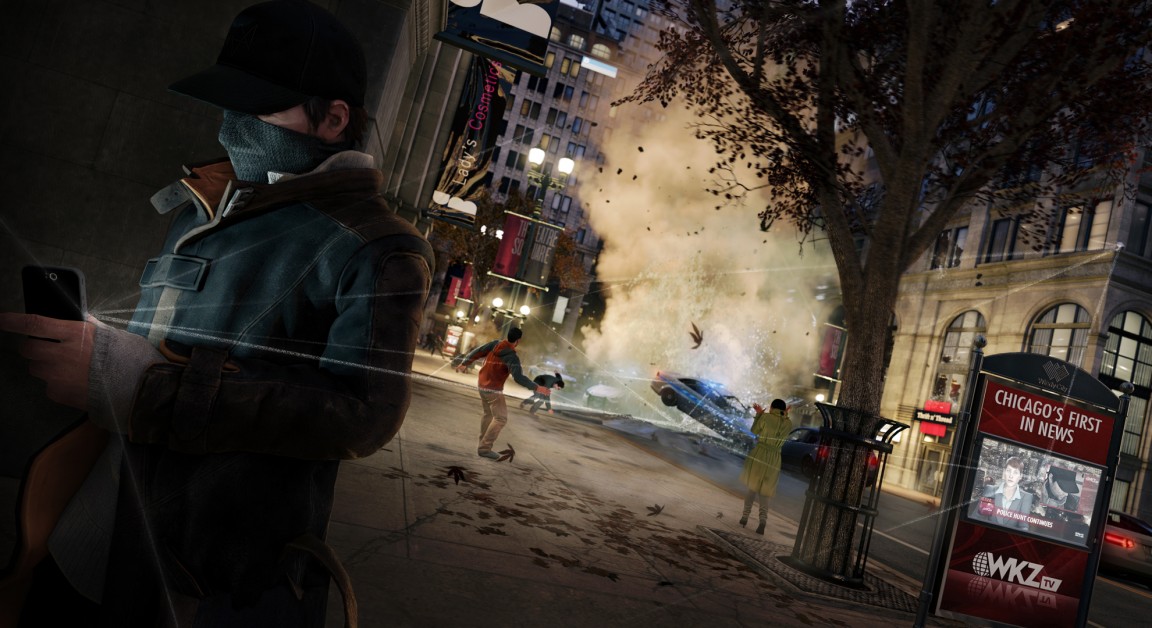 Watch Dogs: A Wrench in the Works – Angelo Tucci, track the prison vehicle
Watch Dogs: A Wrench in the Works – Angelo Tucci, track the prison vehicle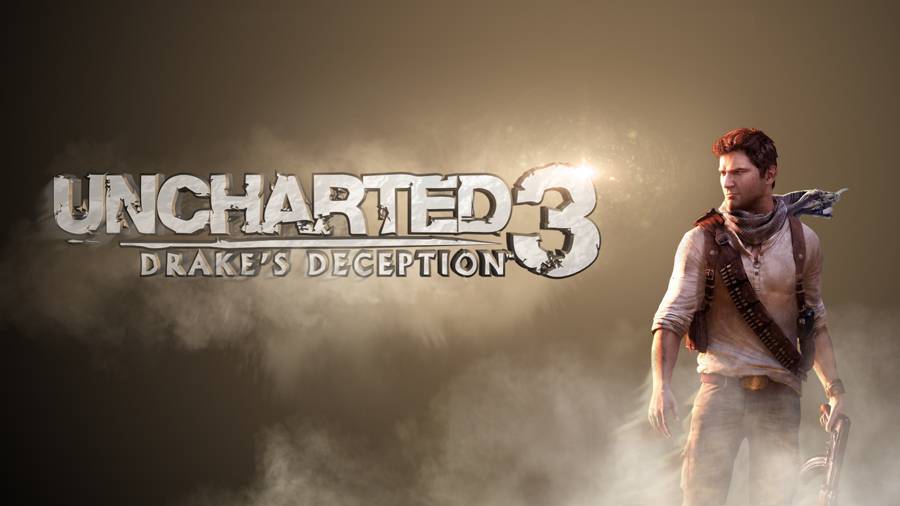 Uncharted 3 Floor Tile Puzzle
Uncharted 3 Floor Tile Puzzle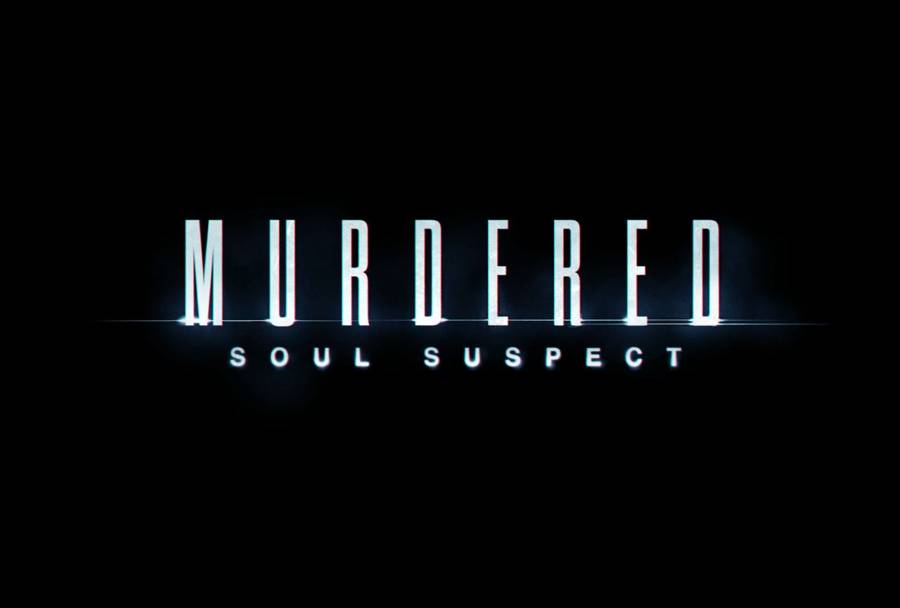 Murdered Soul Suspect Shipyard Park Case Guide
Murdered Soul Suspect Shipyard Park Case Guide